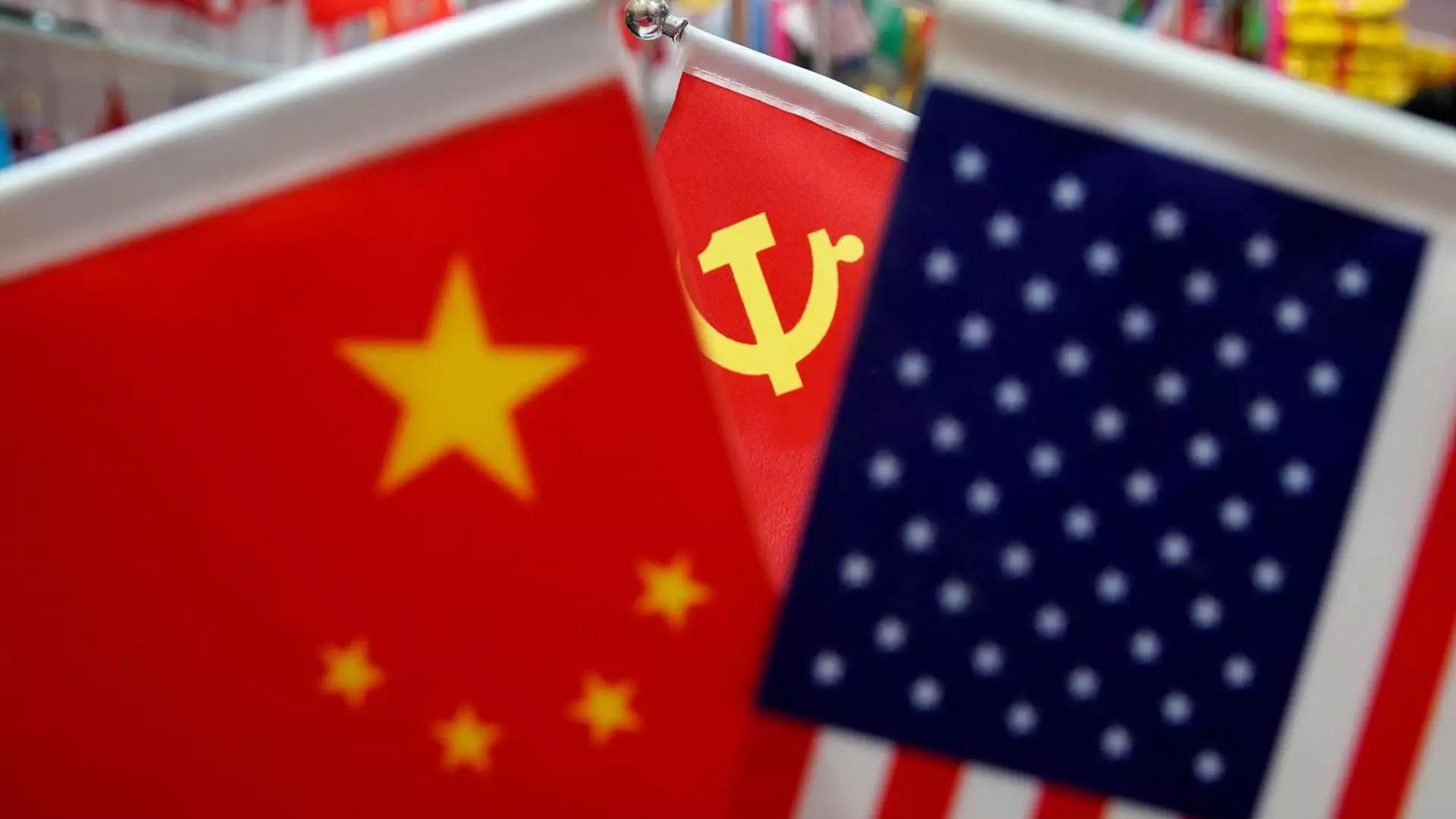The evolving dynamics of global politics necessitate adaptive strategies for countries reliant on international cooperation. As the U.S. prepares for a new administration under President-elect Donald Trump, China has underscored the importance of enhanced collaboration with its American counterpart. Recognizing the interconnected nature of modern economies, China’s Ministry of Commerce has articulated a desire to cultivate a mutually beneficial relationship based on respect and shared interests.
He Yongqian, the spokesperson for the Ministry of Commerce, conveyed an optimistic message regarding future interactions with the United States. Her statements reflect China’s strategic approach to foreign policy, emphasizing the principles of peaceful coexistence and win-win cooperation. Such rhetoric not only seeks to reassure international stakeholders but also signals Beijing’s readiness to mitigate tensions through dialogue and cooperation. This proactive stance highlights a broader commitment within China to maintain stability in its economic relations with one of its largest trading partners.
However, the backdrop of this diplomatic overture is complex and fraught with uncertainty. During his first tenure, President Trump adopted a confrontational stance towards China, which could shape the foundation of future policies. The possibility of renewed tariff measures and regulatory scrutiny looms as a pressing concern for China’s economy. Analysts predict that Trump will likely implement significant tariffs shortly after taking office, which could reverberate throughout global markets, impacting not only China but also its export-dependent neighbors.
Economic experts offer varying perspectives on the potential for heightened tariffs. Yue Su, an economist at the Economist Intelligence Unit, warns that immediate imposition of tariffs could be a priority for Trump, facilitated by existing legislative frameworks designed to address economic imbalances. Conversely, some analysts project a more tempered approach from the new administration, suggesting that Trump might leverage potential tariffs as bargaining chips in negotiations for concessions from China, such as increased agricultural purchases.
David Chao from Invesco presents a cautiously optimistic outlook, downplaying the catastrophic impact of potential tariff hikes on multinational corporations. He points out the likelihood that Trump’s far-reaching tariff proposals may not materialize entirely, suggesting that the administration may choose to prioritize negotiation over escalated economic confrontation.
Despite the differing expert opinions, the threat of tariffs remains a significant concern, particularly a potential uniform 10% tariff on Chinese exports to the U.S. This could undermine global demand and adversely affect China and other economies within the region. Such measures could exacerbate economic vulnerabilities, amplifying the urgency for constructive dialogue and negotiations between the U.S. and China.
As the global economic landscape remains uncertain with the impending transition of U.S. leadership, the prospect for Sino-American relations will hinge on strategic diplomacy and effective negotiation. China’s call for cooperation stands as an essential reminder of the need for dialogue in addressing shared concerns and resolving differences. Ultimately, the hope for a stable and prosperous partnership rests in the hands of both nations as they navigate the complexities of their economic interactions.

